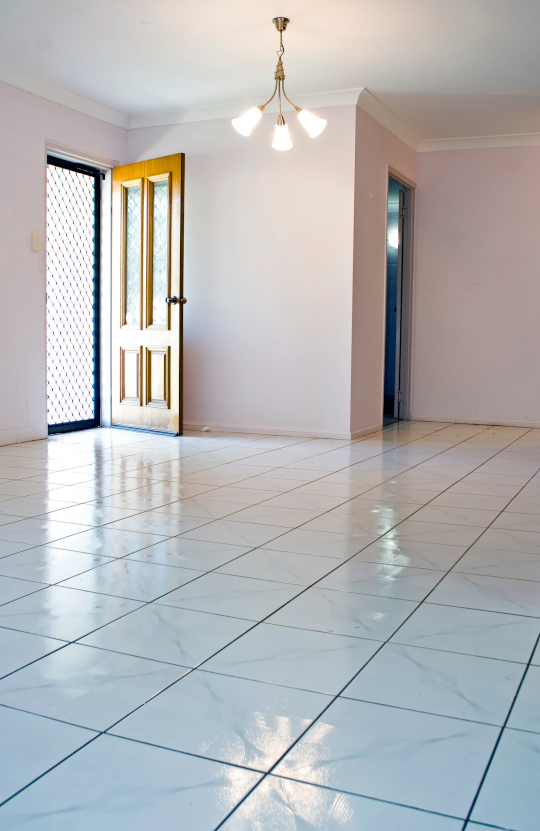Vacant Dwelling Insurance
Overview

Vacant dwelling insurance, also known as vacant home insurance, is a specialized type of insurance coverage designed to protect properties that are unoccupied and vacant for an extended period of time. This type of insurance addresses the unique risks associated with vacant properties, which can be more susceptible to certain types of damage and liability issues.
Here's an overview of Vacant Dwelling insurance and how it works:
-
Coverage Types:
Vacant dwelling insurance typically includes a range of coverage options, similar to standard homeowner's insurance:
- Dwelling Coverage: Coverage for damage to the structure of the vacant property due to a limited range of perils like fire and wind. Vandalism coverage may be available but is often not provided.
- Personal Property Coverage: Coverage for personal belongings left in the property, if applicable.
- Liability Coverage: Protection if someone is injured on the property and files a lawsuit against the owner.
- Coverage Focus: Vacant dwelling insurance provides coverage for the specific risks that unoccupied properties face. These risks may include vandalism, theft, damage from weather or natural disasters, and even liability issues.
- Property Types: Vacant dwelling insurance is typically applicable to residential properties, such as houses or condos, that are unoccupied for an extended period. This could be due to reasons like the property being for sale, under renovation, awaiting tenants, or temporarily vacant for other reasons.
- Exclusions and Conditions: Vacant dwelling insurance may have specific exclusions and conditions that you need to be aware of. For example, there might be requirements related to property maintenance and inspections to ensure the property remains eligible for coverage.
- Higher Premiums: Vacant dwelling insurance premiums are typically much higher than regular homeowner's insurance or rental property insurance due to the increased risks associated with vacant properties.
- Duration and Renewal: Vacant dwelling insurance is often sold in terms, such as three months, six months, or a year. You can renew the policy if needed. Keep in mind that some insurance providers might have restrictions on how many times a policy can be renewed.
- Security Measures: Insurance providers may require certain security measures to be in place for a property to be eligible for vacant dwelling insurance. This could include features like monitored security systems, proper lighting, and regular property checks.
Vacant dwelling insurance is important if you own a property that will be vacant for an extended period, as it helps protect you from the unique risks that vacant properties can face. Before purchasing a policy, carefully review the terms, conditions, and coverage options with an insurance professional to ensure you have the appropriate protection for your vacant property.


